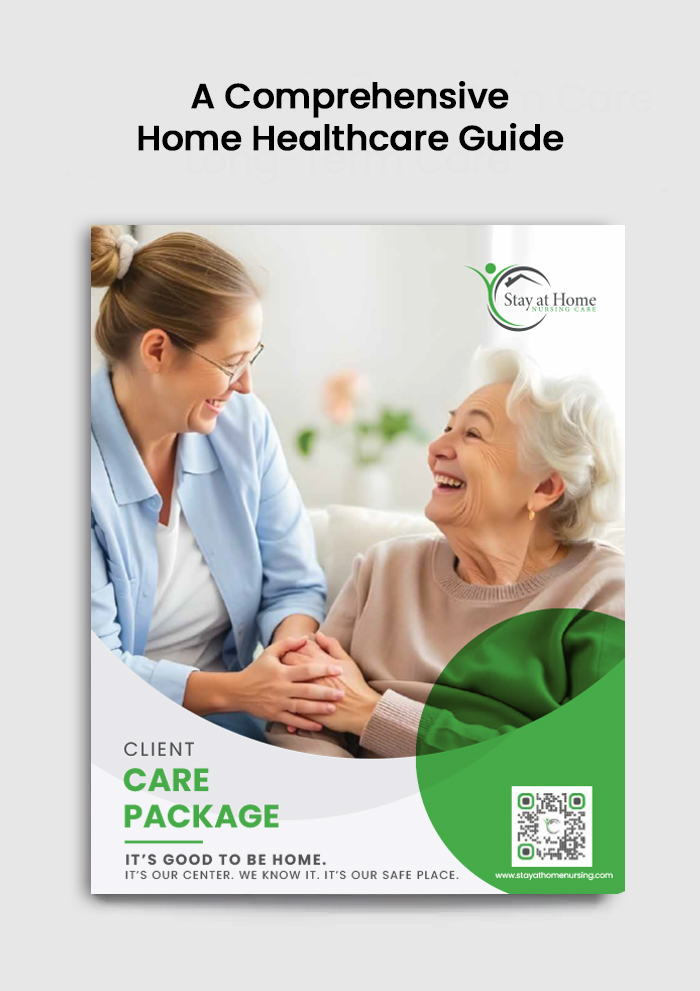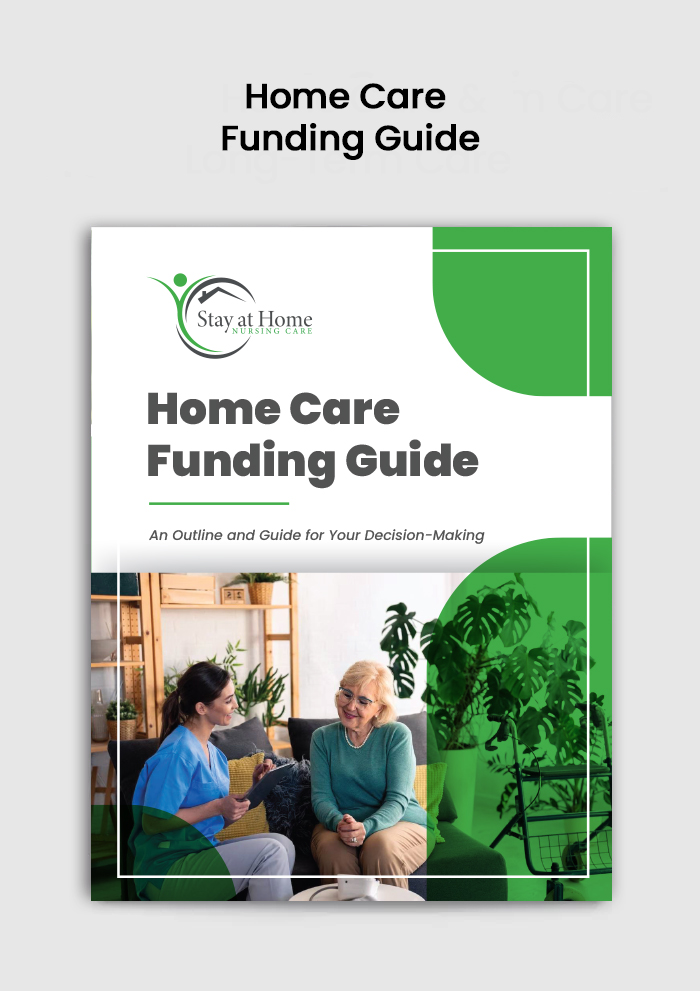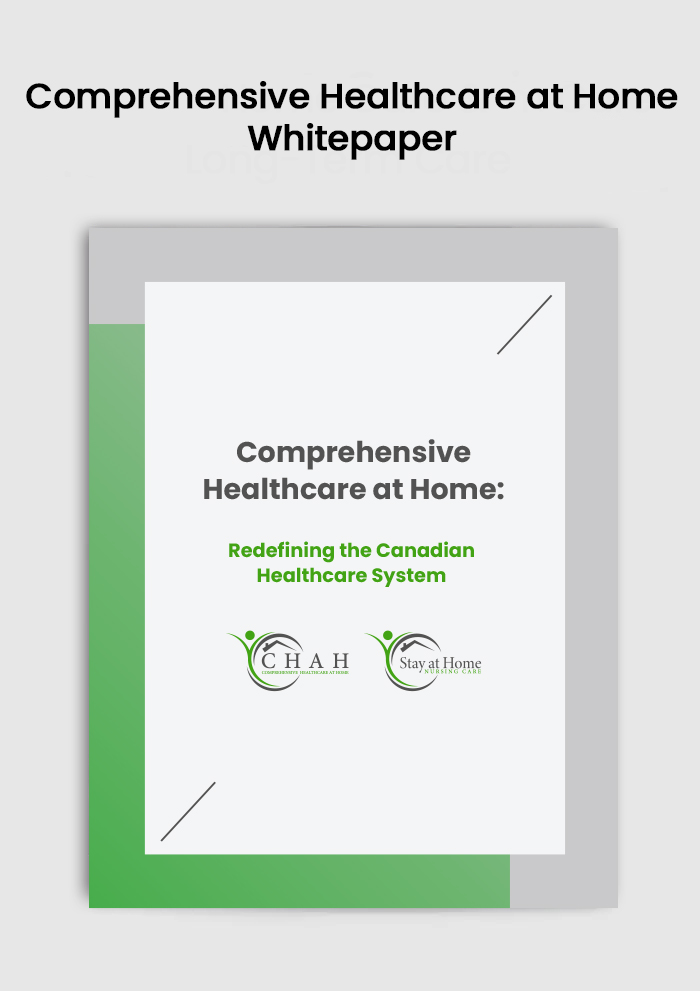Considerations for selecting a provider for your loved ones
Choosing a Comprehensive Home Healthcare provider is a critical decision and can be daunting. Let’s look at the key steps and guidance for making a confident, optimal choice:
Assessing Your Loved One’s Needs
The first step in choosing the right in-home care services is to understand the specific needs of your loved ones. Every individual is unique, and tailoring care to their requirements is essential:
1. Medical Evaluation
Begin by consulting with healthcare professionals to conduct a thorough medical assessment. This evaluation identify any underlying medical conditions, medication requirements, and potential risks or complications associated with your loved one’s health. Understanding their medical needs is crucial for crafting a comprehensive care plan that addresses both their physical and mental well-being. If you need support in this regard, ask us about our Health Navigator service, which guides across the complex healthcare system and processes.
2. Emotional and Psychological Assessment
Beyond the physical aspect, it’s essential to assess your loved one’s emotional and psychological needs. Dementia / Alzheimer’s, for example, may cause anxiety, depression, or agitation. By understanding their emotional state and any behavioural changes, you can tailor your care approach to provide emotional support and address potential challenges. Consulting with mental health professionals or specialists in dementia care can be beneficial in this regard, as they can offer valuable insights and guidance.
Qualifications and Training
When considering an in-home care provider evaluate the qualifications and training of their caregivers. Look for providers that employ certified professionals with experience in delivering high-quality care services.
Qualifications and training are paramount when choosing an in-home care provider for your loved one. Inquire about the certifications and credentials of the caregivers on staff. Reputable providers often employ certified nursing assistants (CNAs), licensed practical nurses (LPNs), or registered nurses (RNs) who have received specialized training in senior care and medical support. Ask if their Personal Support Workers (PSWs) also have internal training and certifications.
These professionals possess the knowledge and skills necessary to address complex healthcare needs and ensure the safety and well-being of your loved one.
In addition to formal qualifications, consider the ongoing training and professional development opportunities offered by the care provider. The field of healthcare is ever-evolving, and caregivers should stay updated with the latest best practices, medical advancements, and specialized care techniques. Providers that prioritize continuous training for their staff demonstrate a commitment to delivering the highest standards of care, which can provide peace of mind to both you and your loved one. Before making a decision, ask about the provider’s training programs and how they ensure their caregivers remain up-to-date and skilled in their roles.
Range of Services Offered
Different individuals require varying levels of care, from basic assistance with daily activities to specialized medical support. Ensure that the provider you choose offers a comprehensive range of services that align with your loved one’s specific needs.
When evaluating a care provider, it’s essential to consider the range of services they offer to meet your loved one’s specific needs. Here are three key points to assess in relation to the services provided:
1. Comprehensive Personal Care
Look for a provider that offers comprehensive home healthcare tailored to your loved one’s requirements. This may include assistance with activities of daily living (ADLs) such as bathing, dressing, grooming, and toileting. Assess if they also provide mobility assistance, medication management, and monitoring of vital signs for individuals with complex medical conditions.
2. Specialized Care Programs
Some individuals may require specialized care due to chronic illnesses, cognitive impairments, special needs, or specific medical needs. Ensure the provider has expertise in offering services such as Alzheimer’s or dementia care, post-surgery recovery support, palliative care, or diabetes management. Tailored care programs can significantly improve your loved one’s quality of life and health outcomes.
3. Additional Support Services
Beyond essential personal care, consider whether the provider offers supplementary services that can enhance your loved one’s well-being. This may encompass companionship and social engagement activities, transportation assistance for medical appointments or outings, meal preparation, light housekeeping, and even respite care to give family caregivers a break. When needed Health Navigator services can be provided, in order to deal with the complex healthcare system, players and processes.
This comprehensive range of services ensures that your loved one’s physical, emotional, and social needs are adequately addressed within the care plan.
Reputation and Reviews
Research the reputation of the in-home care services provider you are considering. Read reviews and testimonials from other clients to gain insight into the quality of care they provide.:
1. Online Reviews and Testimonials
Conduct thorough research online to find reviews and testimonials from current or former clients and their families. Platforms like Google, Yelp, or specialized healthcare review websites often host valuable feedback. Pay attention to the overall sentiment, recurring themes, and specific examples of positive or negative experiences. This can give insights into the provider’s track record and the quality of care they offer.
2. Word-of-Mouth Recommendations
Seek recommendations from friends, family members, or healthcare professionals who have experience with the care provider. Personal referrals can provide first-hand insights into the provider’s reputation and performance, helping you make an informed decision.
3. Accreditations and Awards
Explore whether the care provider has received any industry accolades or accreditations. Professional organizations may provide valuable information about their commitment to quality and adherence to industry standards. Recognitions and awards can be indicators of a provider’s dedication to delivering exceptional care.
4. Compatibility and Personal Connection
Beyond qualifications, it’s essential to consider the compatibility between your loved one and their caregiver. A personal connection can greatly enhance the quality of care. For example, at Stay At Home Nursing we prioritize matching our clients with caregivers who not only possess the necessary skills but also share common interests and values.
Choosing the right in-home care services provider is a significant decision that impacts the well-being of your loved ones. If you’re looking for compassionate, professional in-home care services for your family members, then contact Stay At Home Nursing Care Services.
We are dedicated to providing the highest quality care tailored to your family’s needs.







